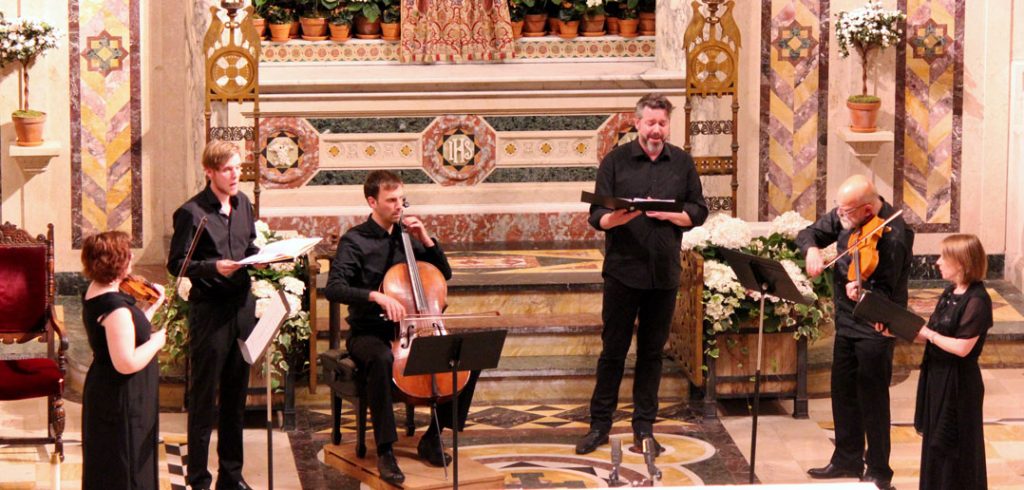Estonian and Orthodox Christian composer, Arvo Pärt, is the most-performed living classical music composer, according to the associate director of the Orthodox Christian Studies Center, Lisa Radakovich Holsberg.
The achievements and “spiritual” impact of his music is why he was the subject of a conference, Arvo Pärt: Sounding the Sacred, held in May at McNally Amphitheatre, said Holsberg.
The conference was the result of a collaboration between the Orthodox Christian Studies Center of Fordham and the Sacred Arts Initiative of St. Vladimir’s Seminary. It sought to gain new answers as to how Pärt’s music affects the spiritual nature of humans.
The dual focus of the conference, that of sound and the sacred, sparked discussion on the duality of his music.
“The conference made real gains in furthering Pärt studies, moving them from exclusively musicological discussions to engaging perspectives from philosophy, theology, cultural history, performers, and others,” said Holsberg, “Pärt’s music affects not only listeners in the seats of concert halls, or those listening with earphones in the comfort of their homes, but the musicians who listen as they also bring the music to life.”
The four-day conference included keynote addresses, a special performer’s panel, and a public concert held at Holy Trinity Church featuring the Goeyvaerts String Trio, Andrew Shenton, and Yousif Sheronick.
The performer’s panel included Juilliard conductor Joel Sachs, and the recording and performance artist Laurie Anderson.
Two Fordham professors, Andrew Albin, Ph.D., and Sevin Yaraman, Ph.D., were among those who delivered addresses.
Using the the medieval chant traditions that can be found in Pärt’s work, Albin illuminated how sound works in distinct ways in the poetry of Richard Rolle and in the work of Arvo Pärt.
Yaraman gave the listeners a sense of how “sound” and “the sacred” in different faith traditions can still fundamentally function at similar levels.
“For the Orthodox Christian Studies Center, Arvo Pärt represents in many ways the musical embodiment of the center’s ecumenical nature,” said Holsberg.
-Veronika Kero


